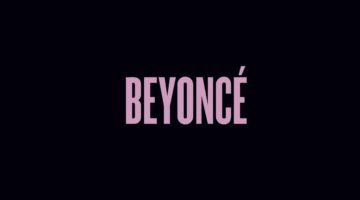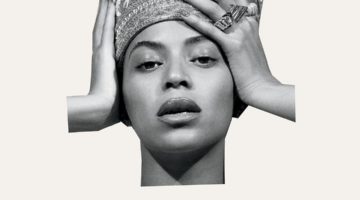By Joey Thyne
Almost three months ago, Beyoncé, one of the biggest superstars on the planet, polarized popular culture with her Super Bowl appearance and music video for “Formation.” Both were an expression of her feminine power and black pride. It’s exciting when artists of her stature still take risks.
She must have understood the unlikelihood of recreating the pop excellence from her last album. Instead, her music on “Lemonade” takes a slightly darker turn. The result is her strangest, most vulnerable and intriguing album to date.
The prevalent theme throughout the album is her apparently tumultuous marriage with rap mogul Jay Z, and referring to his infidelities, the lyrics drip with indignance. The album opens with the words “You can taste the dishonesty / It’s all over your breath” on “Pray You Catch Me.”
On “Sorry,” a song that could have settled for a boring single but is instead a haunting work of art, she says, “Looking at my watch he shoulda been home / Tonight I regret the night I put that ring on / He always got them fucking excuses / I pray to the Lord you reveal what his truth is.”
It may be just pandering to her fan base (see “Single Ladies”). It may also be a conscious effort to create a spectacle in order to invoke memes and lure more people into a Tidal subscription. Regardless, on songs like the frantically rocking “Don’t Hurt Yourself” she seems genuinely pissed, which is a blast to listen to.
The contributors are eclectic to say the least. Guest vocalists range from hip-hop prophet Kendrick Lamar to garage-blues veteran Jack White. Indie-folk singer/songwriter Father John Misty and electronic dance music DJ Diplo collaborated on “Hold Up.” Samples include the neo-psychedelia of Animal Collective and the classic rock of Led Zeppelin.
The overabundance of sources never makes it feel bloated, though. In fact, “Hold Up” has the most hands on it, and yet it’s the tightest, most focused song on the album. The melody-driven tune is also probably the best. Because its music is so minimal it exists in an ethereal ambiguity too rare in pop music. The understated synth is sweet, but the catchy lyrics are tart. Sort of like lemonade.
A few of the tracks are forgettable. “Daddy’s Lessons” and “Love Drought” seem like a clear low point on the album, but that can be forgiven. Above anything else, her gorgeous voice is still intact. She could have an album of her covering Riff Raff songs and I would still enjoy listening to it. The anger propelling the first half of the album melts away into the heart-wrenching ballad “Sandcastles.”
“Lemonade” ends on a note of empowerment. She cries for independence from an oppressive marriage and a society that treats African-Americans and women as second-class citizens. On the raucous gospel anthem “Freedom,” she sings, “I break chains all by myself / Won’t let my freedom rot in hell.” At times in the past she has presented herself as a sexual object (see “Partition”), but on this album she is presenting herself as a much more admirable role model: a hardworking and successful businesswoman. On the gritty southern banger “Formation” she sings, “I might just be a black Bill Gates in the making” and “Always stay gracious / best revenge is your paper.”
Beyoncé is promoting feminism. Not in a sort of flimsy dancehall way (see “Run the World (Girls)”), but actually making a social statement. However, these sentiments are lost if not conveyed in a sonically gratifying way. Beyoncé accomplishes all of this beautifully.
Joey Thyne can be reached at tbynum@sagebrush.unr.edu or on Twitter @b_e_nelson.













